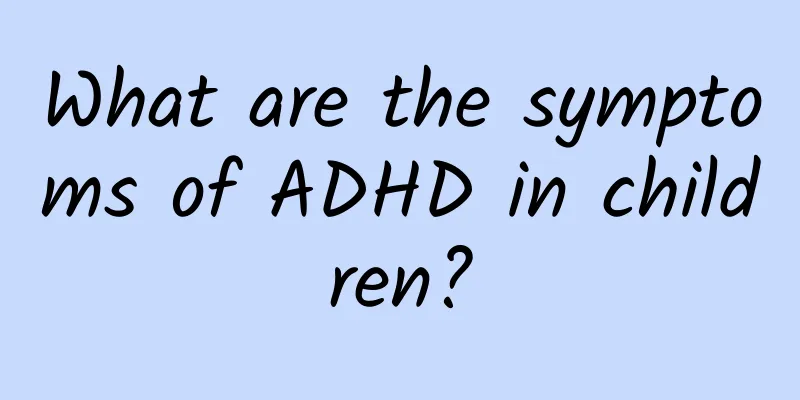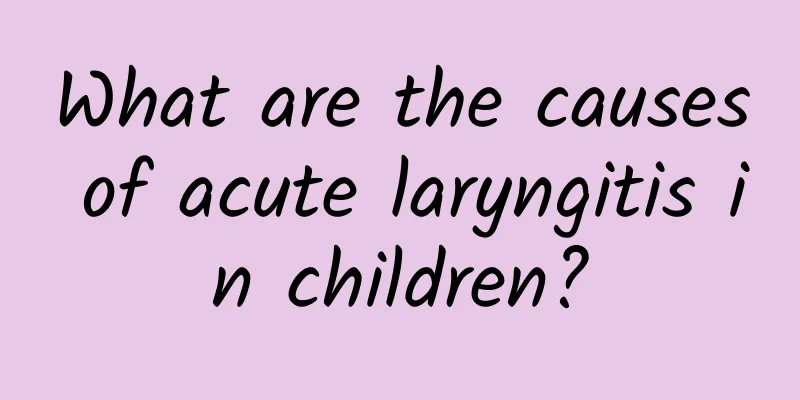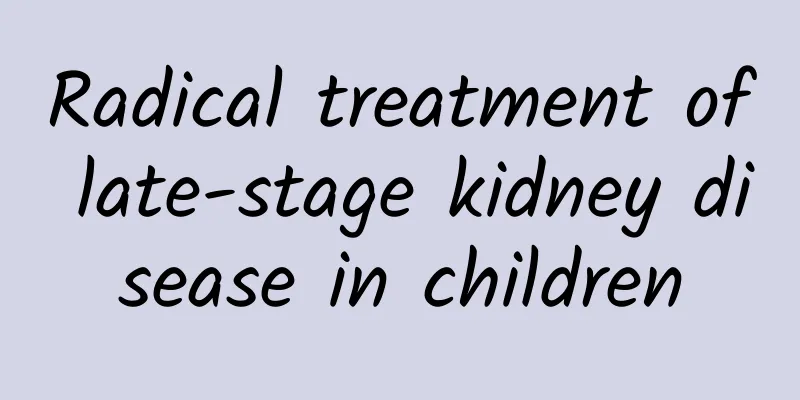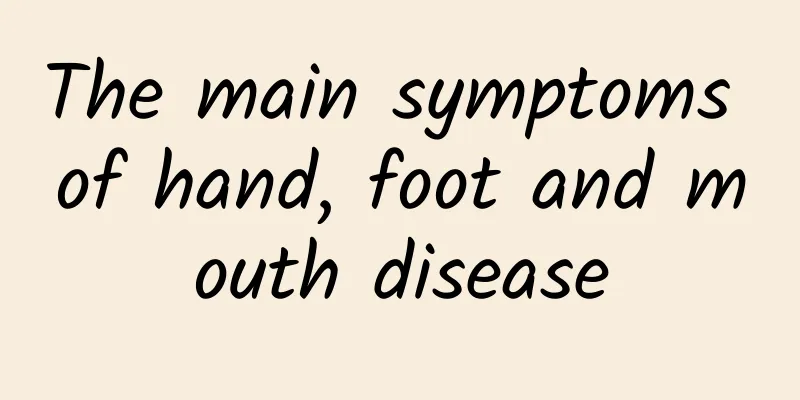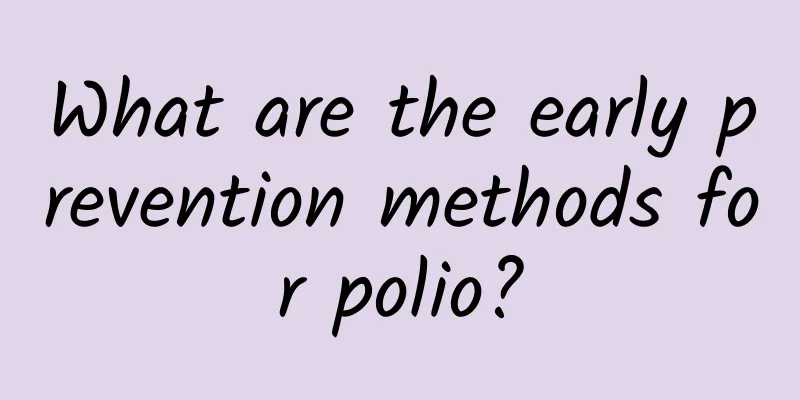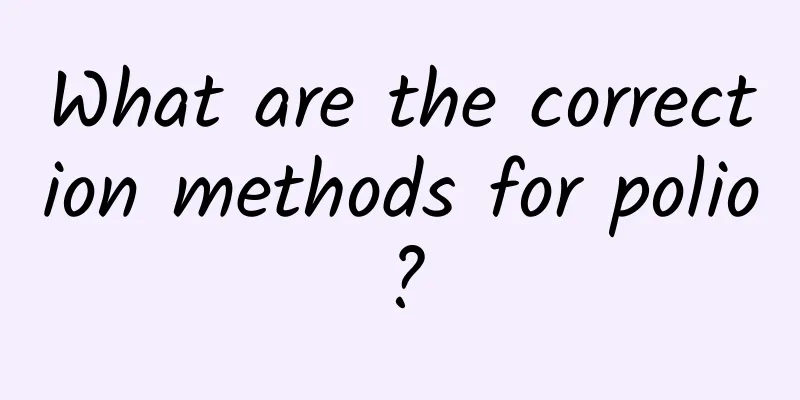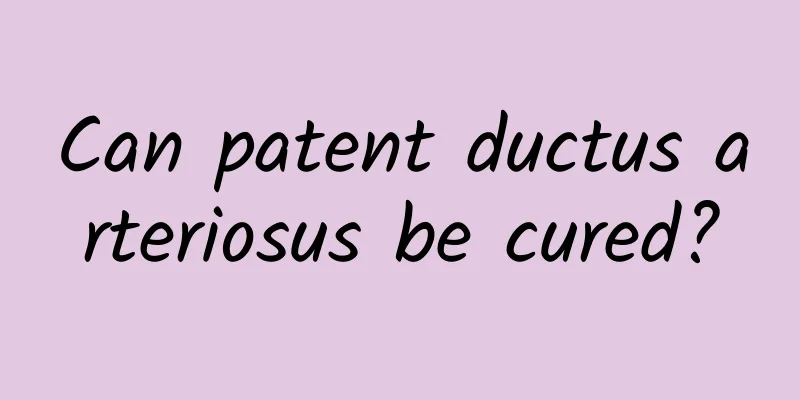What causes pneumonia in children? Can pneumonia in children be transmitted from mother to child?
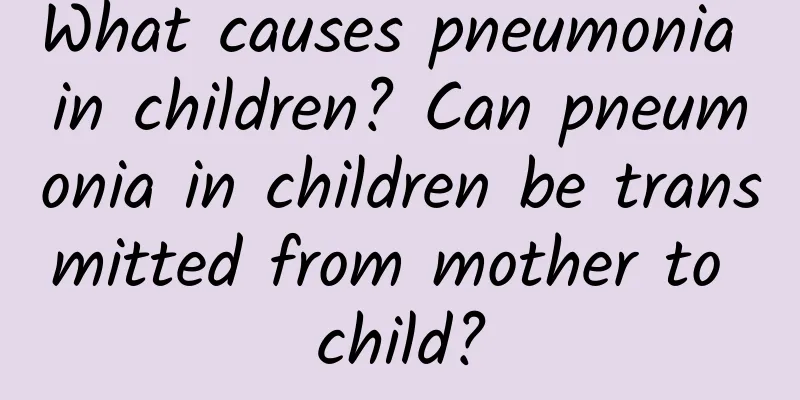
|
Neonatal pneumonia is a common pediatric disease. It is a general term for diseases caused by pneumonia reactions or secondary infections caused by inhalation of meconium, amniotic fluid, etc. in newborns. According to the cause of neonatal pneumonia, it can be divided into neonatal infectious pneumonia and neonatal aspiration pneumonia. Neonatal pneumonia not only affects children's respiratory function, but also endangers their lives. Next, let's follow Luo Haibiao, deputy chief physician of Shaoguan First People's Hospital, to learn about the causes and symptoms of neonatal pneumonia and other related issues. What is neonatal pneumonia? Neonatal pneumonia usually refers to neonatal infectious pneumonia. Infectious pneumonia can be transmitted from mother to child, such as inhalation of contaminated amniotic fluid or mother's illness, and can be transmitted to the baby through blood. If the mother has a disease or fever during labor, or the child is born, the fetal membrane is more than 18 hours in advance, these situations are prone to pneumonia. How is neonatal pneumonia caused? Neonatal pneumonia is mainly caused by infection. The infection can be transmitted to the child through the mother's blood or contaminated amniotic fluid. Inhalation of infectious amniotic fluid at birth can also cause pneumonia. Children with blood infection may not show symptoms immediately after birth, and other symptoms may appear one after another after birth. Is the baby's spitting bubbles pneumonia? If a baby spits bubbles, it may not be pneumonia. Sometimes babies will play with bubbles when they are playing with saliva or when milk is regurgitated. If the bubbles are accompanied by shortness of breath and hypoxia, pneumonia should be considered. Newborns with pneumonia must be hospitalized in time, because newborns with pneumonia usually show symptoms of shortness of breath, foaming at the mouth, poor blood oxygen and even hypoxia soon after birth, so they must be hospitalized. If pneumonia is treated with standardized treatment, the course of treatment is about one to two weeks. Timely treatment of neonatal pneumonia is very important. After the diagnosis of neonatal pneumonia, the appropriate drug should be selected according to the cause of pneumonia. If infectious pneumonia requires antibiotic treatment. At the same time, keep the newborn's airway open and strengthen care and monitoring. If the child has obvious symptoms such as difficulty breathing, endotracheal intubation and mechanical ventilation can be given to assist breathing if necessary to avoid suffocation. |
<<: What is neonatal pneumonia? Does neonatal pneumonia require intubation?
>>: What are the causes of neonatal pneumonia? What is the correct treatment for neonatal pneumonia?
Recommend
What is the difference between pneumonia and the common cold? Five common symptoms of pneumonia in children
Pneumonia is a disease we are familiar with, and ...
What are the early symptoms of a cold in babies? Is the temperature of a cold in babies usually above 39°C?
The early symptoms of a cold in infants vary main...
What medicine is better for children with runny nose and cough? How to treat children with runny nose and cough symptomatically
When children have a runny nose and cough, the ma...
What porridge is good for children with diarrhea? What porridge is good for children with diarrhea?
Children have relatively poor resistance and are ...
Necessary tests for pneumonia in children
I believe that every mother of a newborn is parti...
Is indigestion harmful to babies? How can babies improve indigestion by eating?
Indigestion can cause diarrhea, even abdominal pa...
How to stop a child's night cough?
When parents find that their children have coughi...
How to arrange diet for children with diarrhea? Four misunderstandings about diarrhea should be avoided
What are the dietary treatments for pediatric dia...
Can a 15-year-old still get hand, foot and mouth disease? What are the symptoms of hand, foot and mouth disease?
Hand, foot and mouth disease is a disease that is...
What are the symptoms of hand, foot and mouth disease? Is hand, foot and mouth disease an intestinal disease?
What are the symptoms of hand, foot and mouth dis...
What tests should be done for diarrhea in children
In life, pediatric diarrhea is a common disease, ...
Is it okay to have a baby with polio?
Polio is a disease that is particularly harmful t...
The latest treatment for pneumonia in children
I believe many people have heard of pneumonia, be...
How long does it take for newborn jaundice to subside?
Neonatal jaundice can be divided into physiologic...
What are the syrups for treating children's colds?
Commonly used Western medicine syrups in the trea...

